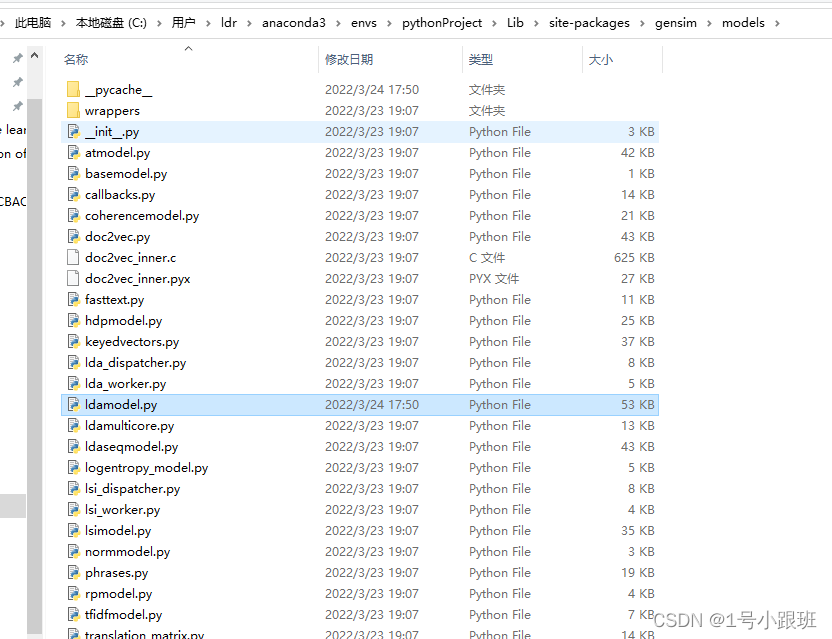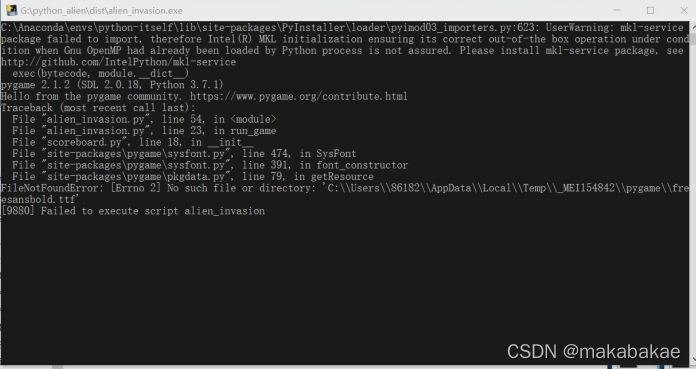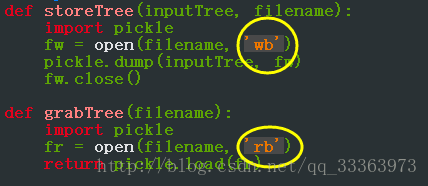1. Error scenarios:
import pandas as pd
dict = {'a':1,'b':2,'c':3}
data = pd.DataFrame(dict)
2. Error reason:
When passing in the dictionary with nominal attribute value directly, you need to write index, that is, you need to set index when creating the dataframe object.
3. Solution:
It is a common requirement to create dataframe objects through dictionaries, but there may be different writing methods for different object forms. Looking at the code, the following four methods can correct this error and produce the same correct results. Just choose which method to use according to your own needs.
import pandas as pd
#Method 1: Directly set the index when creating the DataFrame
dict = {'a':1,'b':2,'c':3}
data = pd.DataFrame(dict,index=[0])
print(data)
#Method 2: Convert the dictionary with value as nominal variable to DataFrame object by from_dict function
dict = {'a':1,'b':2,'c':3}
pd.DataFrame.from_dict(dict,orient='index').T
print(data)
#Method 3: When entering the dictionary, do not let the Value be the nominal property, convert the Value to a list object and then pass it in.
dict = {'a':[1],'b':[2],'c':[3]}
data = pd.DataFrame(dict)
print(data)
#Method 4: directly take out the key and value, are converted to list objects
dict = {'a':1,'b':2,'c':3}
pd.DataFrame(list(dict.items()))
print(data)








